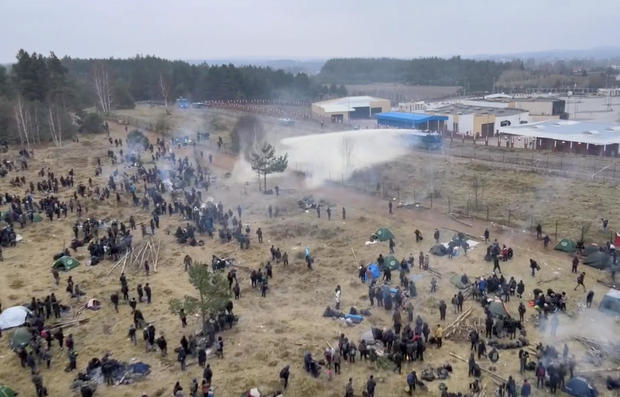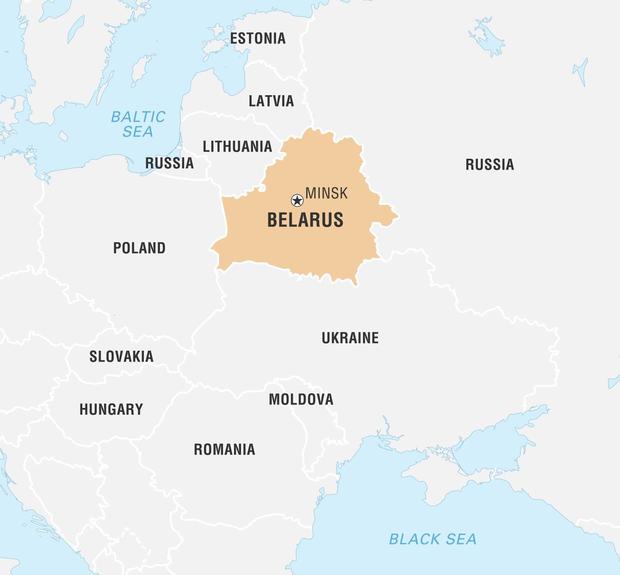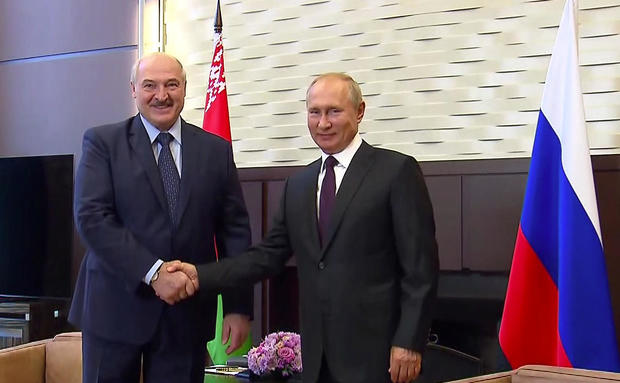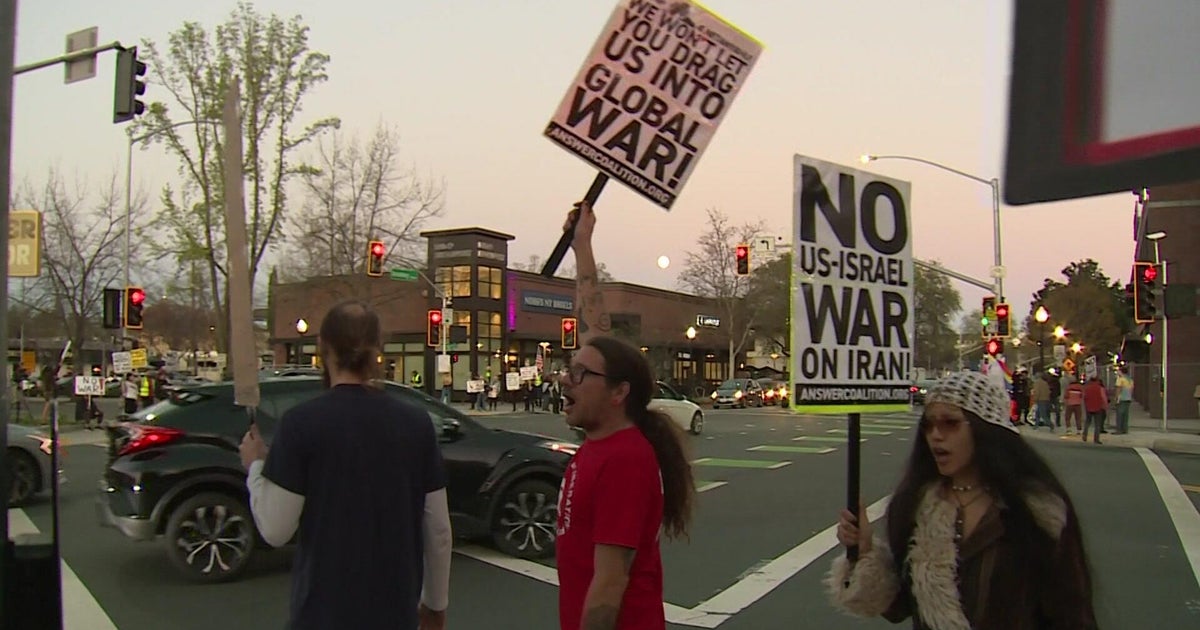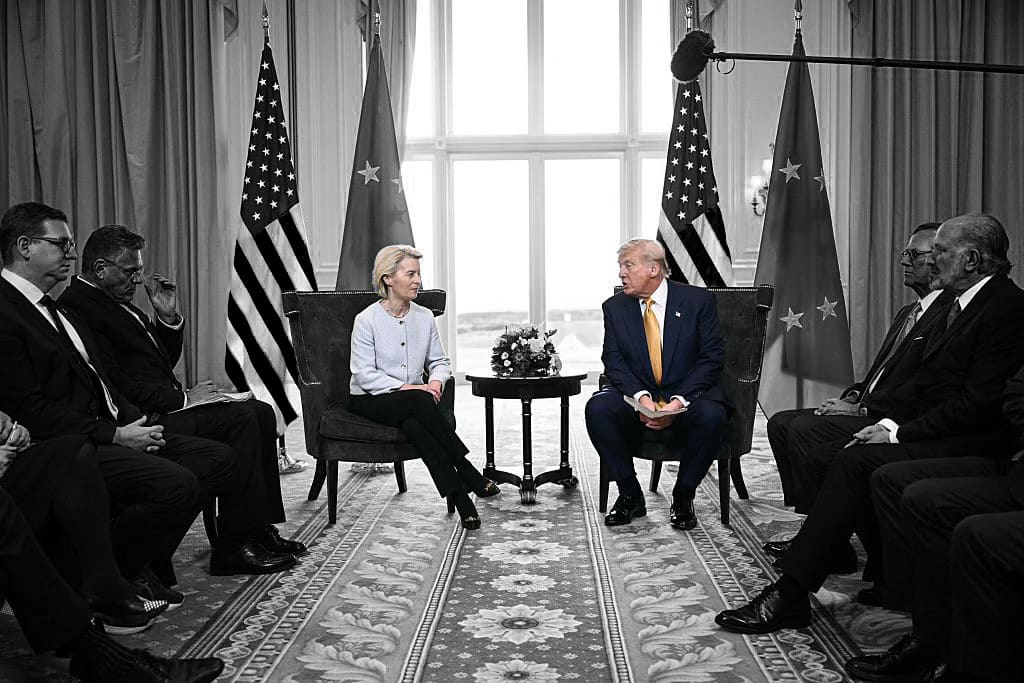Belarus leader says he may ask Putin "to get involved" as Belarus-Poland migrant crisis escalates
Poland, near the border with Belarus — Russian President Vladimir Putin and his ally, Belarus' long-time autocratic leader Alexander Lukashenko, are being accused of using immigration to stoke tensions in Eastern Europe. Belarus now faces new sanctions from the European Union over the worsening migrant crisis along its border with Poland.
As CBS News senior foreign correspondent Charlie D'Agata reports, Polish authorities used water cannon and other means to keep thousands of increasingly frustrated migrants massed along the frontier out on Tuesday. There were chaotic scenes as a group of migrants charged the fence. One of the migrants told CBS News that Polish police responded with a volley of tear gas and rubber bullets, as well as the water cannon. Migrants were seen hurling rocks and stones at the barbed wire fence.
The EU and the U.S. have accused Belarus of encouraging thousands of refugees to try to cross into Poland. D'Agata and his team tried to get to the border where, on the other side of the barbed wire, at least 2,000 migrants and refugees have camped out for days in freezing weather, hoping to find a path into Poland.
But our CBS News team only made it as far as a Polish police checkpoint about two miles from the standoff. The Polish authorities don't want journalists to see what's unfolding along the heavily defended border.
Desperate people have flocked to the area. Stranded and freezing, they've become pawns in an increasingly tense standoff between Russia and its Eastern European allies, and U.S. and NATO-aligned Western Europe.
Poland has flatly refused to let any of the migrants in, accusing Belarus of "weaponizing" immigration in a bid to destabilize the European Union.
Every night, some of the people gathered at the makeshift camp on the Belarusian side make a break for it, attempting to reach the woods on Polish side under the cover of night. In doing so, they risk arrest, or worse.
Two brothers from Syria were recently rescued inside Poland, about 30 miles from the border, and were rushed to a hospital suffering from suspected hypothermia.
D'Agata and his team saw an ambulance take them away after they were found by one of the humanitarian groups operating in the area. Aid worker Agata Kolodziej told CBS News they were barely conscious, and had they not been found, they might not have survived.
"This is something that we are seeing every day," Kolodziej said. "It's going to get worse, because it's getting colder at night and in the day, and we find people in worse and worse conditions."
The U.S. and Europe accuse Lukashenko of manufacturing this migrant crisis by granting tourist visas and even organizing flights for migrants from the Middle East and elsewhere, with the promise of easy entry to the EU via the Polish border.
Belarus' leader — often referred to as Europe's "last dictator" — is suspected of using the "hybrid warfare" tactic in retaliation for EU sanctions imposed after last year's disputed election in Belarus, and Lukashenko's ensuing crackdown on dissent.
Getting Russia "involved"
There's concern that new EU sanctions, if imposed on Lukashenko's regime over the current border standoff as now threatened, will only make things worse. The Belarusian strongman has made it clear that he's not about to back down, warning on Tuesday that he was ready to ask Putin for help, "if necessary."
"I will talk with the President of Russia and ask him to get involved and, if necessary, provide appropriate assistance, without drawing them [Russia] into this refugee crisis," Lukashenko said before a phone call with Putin. He accused "these scoundrels of the collective West" of blaming Russia for the standoff, which he insisted had nothing to do with the migration crisis on his border, "yet."
But while his actions, purportedly designed to stoke tension within the EU, may help Lukashenko and his vital ally in Moscow, it is innocent people trying to escape desperate situations in their own countries who are paying the price.
Akram, from Northern Iraq, told D'Agata that he and his travelling companion were beaten by Belarusian soldiers before making it across the border to Poland, and things didn't get much better on the other side.
"It was very hard, no water, no food," he told CBS News. "We were arrested by Polish police and brought to this isolation camp."
Speaking Tuesday ahead of a meeting with EU defense ministers, NATO Secretary-General Jens Stoltenberg said the alliance was "deeply concerned about the way the Lukashenko regime is using vulnerable migrants as a hybrid tactic against other countries and he is putting the lives of the migrants at risk."
"We stand in solidarity with Poland and other affected allies," said the NATO chief.
The dispute has escalated with accusations of Russian interference. Poland has sent some 15,000 troops to help defend its border, while Russia has sent bombers to patrol Belarusian airspace as its paratroopers conduct joint exercises along the border.
NATO has warned Russia against any "further provocation," and suggested the dispute may be intended as a distraction from what's going on another highly contentious border: Around 100,000 Russian troops have gathered along Ukraine's frontier with Russia. Russia insists there's no threat, and that it will move its forces around as it likes on its own soil.
Europe and the U.S. have voiced increasing concern, however, that Russia could be preparing for another incursion into Ukrainian territory, as it did when Putin unilaterally annexed Crimea away from Ukraine in 2014.
Meanwhile, thousands of migrants remain trapped, unwilling pawns on the front line of a geopolitical battlefield where tension is rising, and temperatures are dropping by the day.
